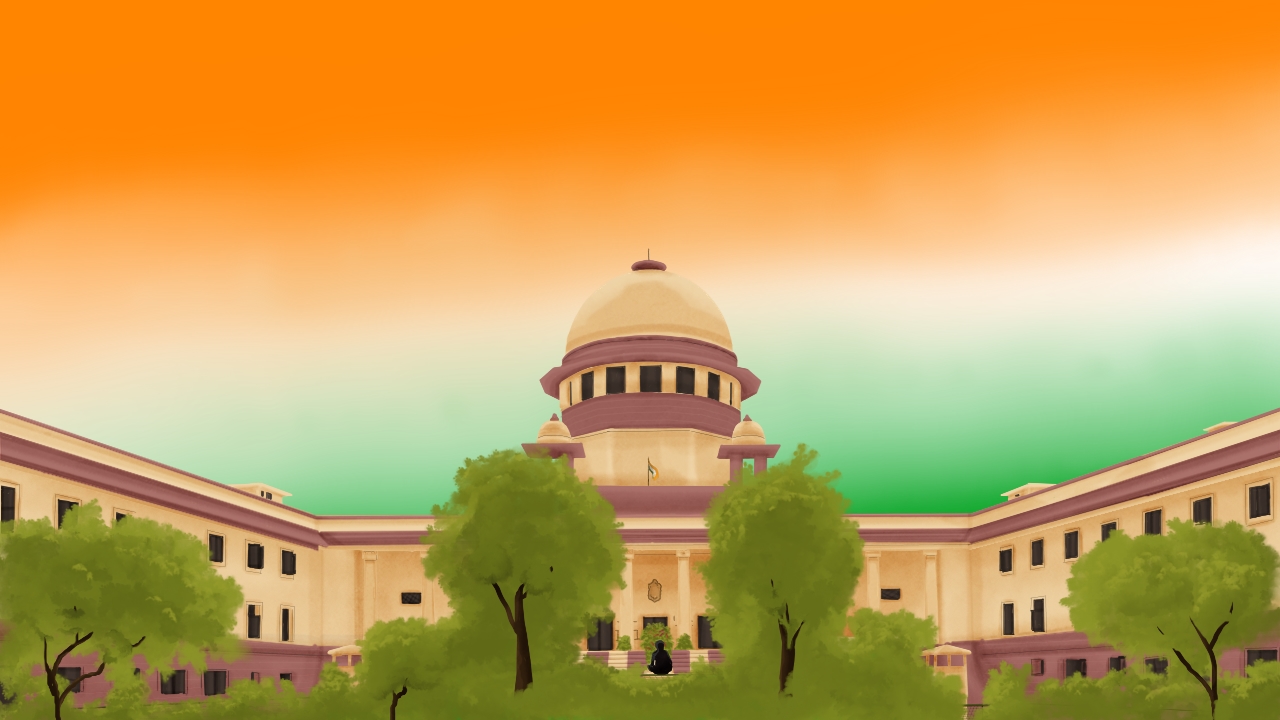


Senior Advocate and Rajya Sabha Member P Wilson has moved a special mention in the Parliament to demand a law mandating that virtual hearings be made available in all courts and tribunals of the country.Wilson has highlighted the impact of virtual courts during the COVID-19 pandemic as well as the accessibility provided by virtual courts to litigants, irrespective of their geographical or economic constraints. Virtual courts eliminate the need for individuals to bear significant financial burdens to attend physical court sessions, he pointed out.The Member of Parliament (MP) has noted that after the pandemic, virtual courts are gradually fading away in some key tribunals including the Central Electricity Regulatory Commission (CERC), the Telecom Disputes Settlement and Appellate Tribunal (TDSAT), the National Company Law Appellate Tribunal (NCLAT), and the Appellate Tribunal For Electricity (APTEL).He has expressed concern that denying litigants virtual hearings could escalate litigation costs and transform court proceedings from accessible and convenient to complex and time-consuming processes."A litigant would have to bear the cost of travel, lodging and extra fees of the lawyer since most of the Tribunals are situated at Delhi," the special mention moved on February 2 states.Emphasizing that the concept of access to justice is etched in the Constitution of India, Wilson has called for streamlining of the legal process to reduce paperwork and for automating administrative tasks for faster case resolution and a reduction in backlog of cases.Therefore, he has urged the Central government to bring about comprehensive legislation making virtual court hearings mandatory in all courts and tribunals across the country, alongside physical hearings.Such a law should include a code of conduct for litigants, lawyers, judges, and other stakeholders, including penal provisions for any misconduct, the MP added.
TAGS: Senior Advocate Rajya Sabha Member P Wilson special mention Parliament law virtual hearings courts tribunals COVID-19 pandemic accessibility geographical constraints economic constraints financial burdens